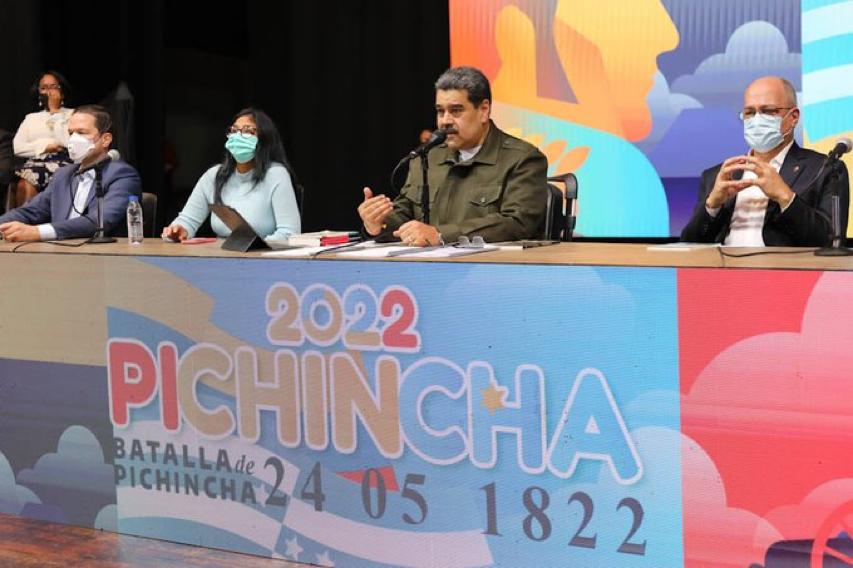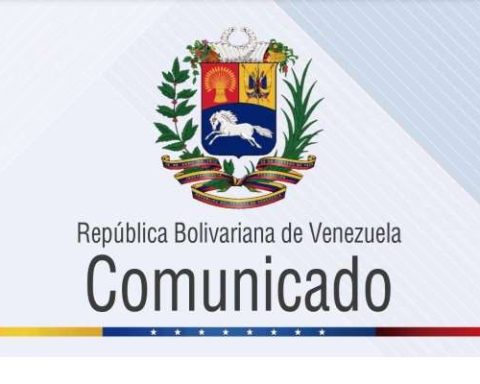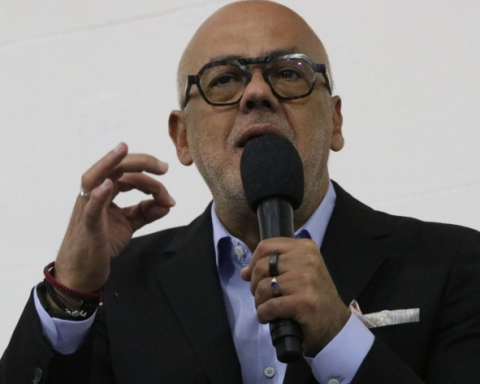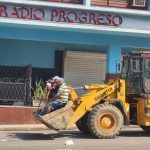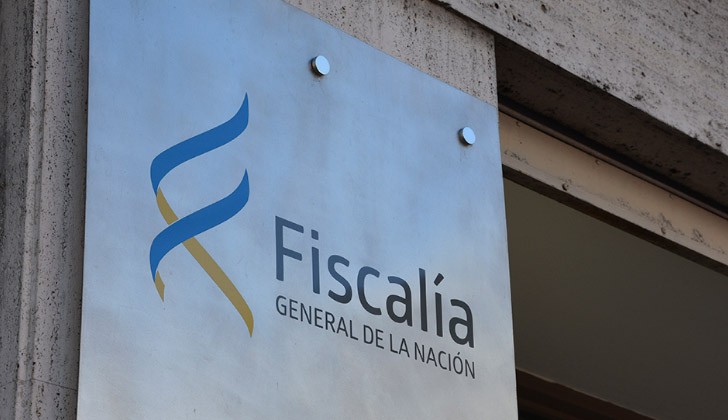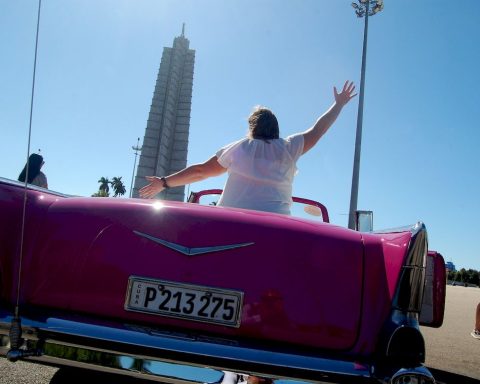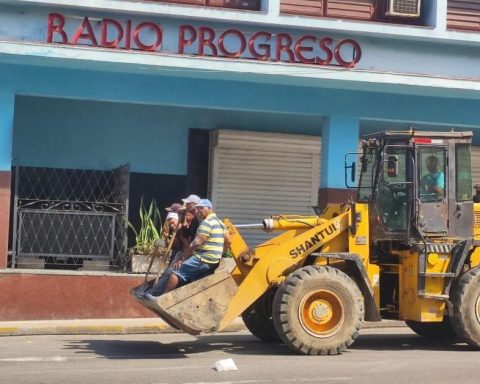The President of the Republic, Nicolás Maduro, rejected on Tuesday the discriminatory and exclusionary nature of the United States, whose government decided not to invite Venezuela, Cuba and Nicaragua to the Summit of the Americas scheduled for June in Los Angeles.
«The Summit of the Americas is the summit of the protest against anti-imperialist exclusion. They try to exclude us because they are afraid of the voice of the Bolivarians, they do not want the voice of Bolívar and Chávez to reach them,” he denounced at the closing of the international colloquium of the bicentennial of the Battle of Pichincha, at the Municipal Theater of Caracas.
He asserted that it is an “unjust, totally unjustified, discriminatory exclusion” in which the imperialist discriminatory role is imposed “against the peoples who fight for our ideas.”
He indicated that there has been a great protest from more than 25 governments in Latin America and the Caribbean over Washington’s attempt to exclude the three leftist countries after alleging that they are undemocratic.
“At this point, whatever they do in Washington, the voice of Venezuela, Cuba and Nicaragua, will reach Los Angeles in the great protests of Los Angeles. Our voice will be present at the summit, whatever the US government says,” he assured.
Maduro thanked the prime ministers of the Caribbean islands and their counterparts Luis Arce (Bolivia), Alberto Fernández (Argentina) and “in a very special way” Andrés Manuel López Obrador (Mexico) for “their courage, solidarity and support” for the inclusion of Venezuela in the Summit.
«Imperialist gentlemen: they have not been able and will never be able to with us. They have not been able to exclude us. Surprises there will be. I am buying my ticket. I’m going to walk to a big march in Los Angeles, “he said.
After reflecting on the union that must prevail in the region and the role played by the Community of Latin American and Caribbean States (CELAC), Maduro affirmed that the path must be one of “union, diversity, democracy, the right of all peoples to demonstrate their own opinions.”
In turn, he indicated that the project of the Union of South American Nations (Unasur) was hit by the right, but – he said – sooner rather than later it will be resumed and “will re-emerge like the phoenix.”
Pichincha battle
In the colloquium on the Battle of Pichincha, more than 40 historians from Mexico, Cuba, Colombia, the Dominican Republic and Venezuela discussed the importance of this historical event to seal the independence of Ecuador.
The three main themes of the colloquium had to do with the union of our America, the anti-colonial and anti-imperialist struggles, and the bicentennial cycle of independence.
In this regard, Maduro mentioned that this battle and the campaign in the South was planned and designed by the Liberator Simón Bolívar with a view to the union “of a great nation of republics,” which became known as Gran Colombia.
«If we have something today, it is the historical awareness that we are part of a process that brings more than five hundred years of resistance; And if we know something well today, it is that we are part of something much bigger on an individual level. We are part of the great homeland, the South American, Caribbean homeland, which today celebrates a day of glory, “he said.
In his opinion, President Hugo Chávez and the revolutionary project turned history into a “transforming force of the present and builder of the future.”
On May 24, 1822, Sucre and the Liberation Army faced and defeated the imperialist soldiers, led by the military Melchor Aymerich.
The battle sealed the independence of the department of Quito —previously called the Real Audiencia de Quito— from the kingdom of Spain, which in turn promoted the independence of the territory currently known as the Republic of Ecuador.
Final manifesto in favor of self-determination
In the colloquium, the more than 40 historians from Mexico, Cuba, Colombia, the Dominican Republic and Venezuela who participated agreed on some points such as the great leadership that the Great Marshal of Ayacucho, Antonio José de Sucre, had in the Battle of Pichincha; in the union of combatants from various nations who met in Ecuador; and in the current scenario of the siege that the North American empire maintains with some countries in the region, in a comparison with the Spanish empire of that time.
In the final manifesto of the colloquium, historians demanded respect for the self-determination of peoples and rejected the use of war as an instrument historically used by empires to impose their criteria and interests on countries that do not bow.
In addition, they rejected the interference of the United States in the internal affairs of the countries and condemned the “permanent aggression” by Washington against Venezuela, Nicaragua, Cuba, Iran, Syria and Russia.
“We defend the Bolivarian Revolution as an irreversible political project. We claim the flag and peace and dialogue as the only instrument to live in peace, “says part of the manifesto.
